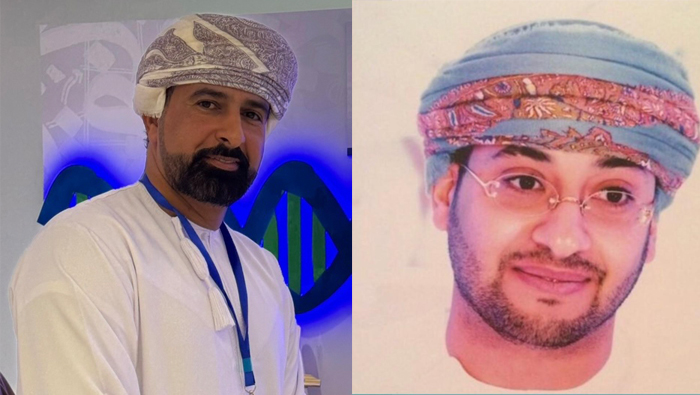
Muscat: A groundbreaking research initiative has made significant progress in identifying the genetic causes of cardiomyopathy in the Sultanate of Oman.
The study, titled “Implementation of Machine Learning Approach to Predict Pathogenicity of Genetic Variants Associated with Cardiomyopathy,” utilises Whole Exome Sequencing (WES) and advanced Artificial Intelligence (AI) methodologies to investigate the underlying genetic contributors to this complex heart condition.
The research was led by Dr. Ahmed Al Amri, Consultant of Molecular Genetics Lab and Head of Training and Professional Staff Development at the National Genetics Centre of the Royal Hospital.
Cardiomyopathy, a heterogeneous group of myocardial disorders, remains a significant health burden worldwide. In the Sultanate of Oman, the genetic basis of the disease has been insufficiently characterised, hindering effective diagnosis and intervention.
This study aimed to bridge that gap by conducting genetic analysis on a cohort of Omani families affected by cardiomyopathy.
Dr. Ahmed Al Amri explained that central to the research is the development of a novel AI-based analysis model called “CardioVar.”
This model is designed to enhance the interpretation of WES data through the integration of more than 50,000 genetic variants and mutations linked to cardiomyopathy, supported by multiple AI algorithms to ensure analytical precision.
The research project achieved a diagnostic success rate of over 80%, uncovering both known and previously unreported genetic mutations, some of which involve genes not previously linked to cardiomyopathy.
These findings offer valuable insight into the genetic landscape of the disease within the Omani population and present new opportunities for further research to confirm the clinical relevance of novel variants.
The AI model significantly improved both the speed and accuracy of genetic analysis, demonstrating its practical value in overcoming the limitations of traditional sequencing approaches.
Dr. Al Amri emphasised that this approach not only advances the understanding of the genetic basis of cardiomyopathy in the Sultanate of Oman but also provides a scalable framework for implementing AI in genomic medicine, enhancing diagnostic accuracy and personalised care.
The multidisciplinary research team included Dr. Ahmed Al Amri, Dr. Aisha Al Balushi, Nibras Al Mahrami, Dr. Musallam Al Ariami, Dr. Nadia Al Hashimi, Dr. Mohammed Al Rawahi, Dr. Tuqa Al Lawati, Dr. Bushra Al Shamsi, Dr. Fahad Al Hattali, and Ms. Mashael Al Balushi.
Together, they have contributed to a practical model that blends clinical knowledge, laboratory science, and artificial intelligence to achieve high-impact results.
This research not only advances the scientific understanding of inherited cardiomyopathy in the Sultanate of Oman but also exemplifies how AI can transform genetic diagnostics.
It stands as a national model for the integration of precision medicine into routine clinical care, with plans to expand the study to include other hereditary heart conditions and incorporate its findings into everyday healthcare practices.